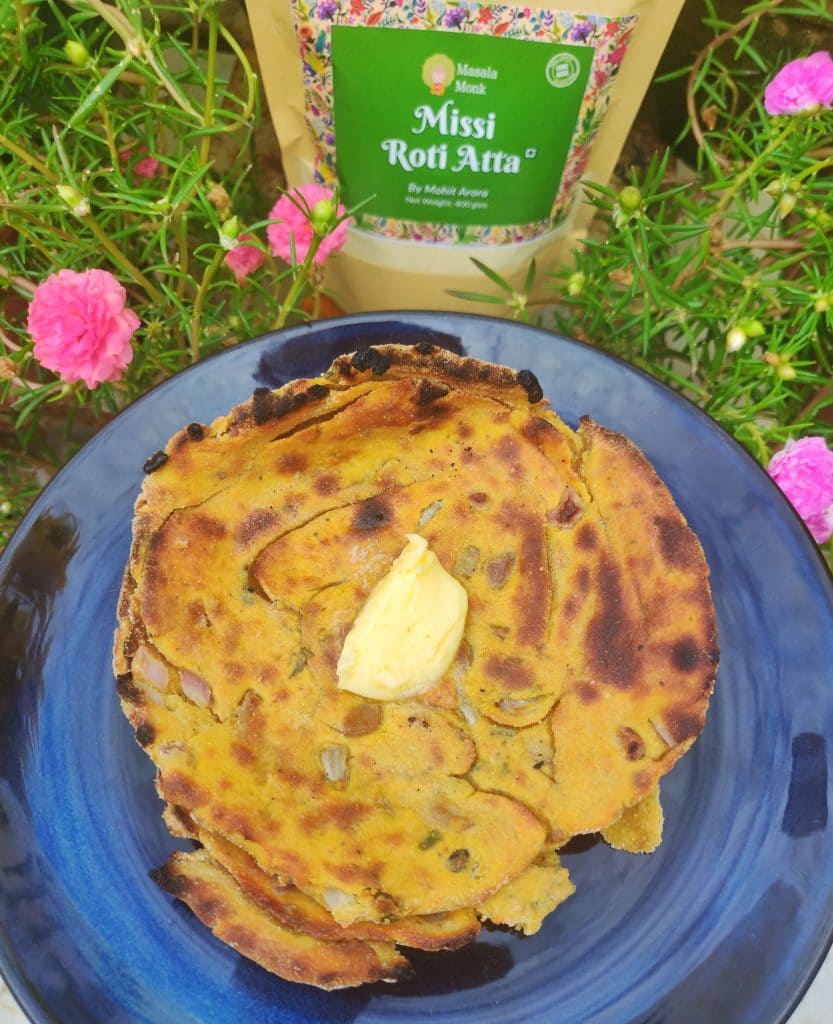
Are you ready to embark on a unique dietary journey? The fruitarian diet offers a refreshing approach to eating, centered around the consumption of fruits. In this comprehensive guide, we will delve deeper into the world of fruitarianism, exploring its potential benefits, its impact on weight loss, and addressing common questions and concerns. Get ready to discover the power of fruits in achieving optimal health and well-being!
Understanding the Fruitarian Diet: A Paradigm Shift in Nutrition
The fruitarian diet is more than just a way of eating; it is a lifestyle that revolves around the belief that fruits are nature’s perfect food. As a fruitarian, your primary focus is on consuming fresh, whole fruits while excluding or limiting other food groups. Some variations of the fruitarian diet may include seeds, nuts, and certain vegetables. The key principles of the fruitarian diet include:
1. Embracing Fruit Diversity: Unlocking the Nutritional Powerhouse
Fruitarianism celebrates the vast array of fruits available to us, encouraging diversity in your fruit choices. By consuming a wide variety of fruits, you can ensure a broad spectrum of essential vitamins, minerals, antioxidants, and fiber for optimal health.
2. Going Raw and Organic: Preserving the Integrity of Nature’s Bounty
Many fruitarians choose to consume fruits in their raw and organic form. By avoiding cooking or processing, you can maximize the nutritional benefits of fruits while savoring their natural flavors and textures. This approach also aligns with the belief that raw foods retain their vital life force and enzymatic activity.
3. Seasonal and Local: Embracing Nature’s Rhythm
Fruitarians prioritize consuming fruits that are in season and locally sourced. This not only supports sustainable agricultural practices but also ensures that you enjoy fruits at their peak freshness and nutritional content.
Unveiling the Potential Benefits of the Fruitarian Diet
While scientific research on the specific benefits of the fruitarian diet is limited, proponents of this lifestyle highlight several potential advantages:
1. Abundance of Essential Nutrients: A Nutritional Powerhouse
Fruits are a treasure trove of essential vitamins, minerals, and antioxidants. They are rich in vitamin C, potassium, folate, and various phytochemicals, offering a multitude of health benefits.
2. Hydration and Fiber: Supporting Digestive Health and Satiety
Fruits have high water content, aiding hydration and supporting proper digestive function. Additionally, their fiber content promotes healthy digestion, helps regulate blood sugar levels, and contributes to a feeling of fullness.
3. Antioxidant Protection: Warding Off Oxidative Stress and Inflammation
Fruits are packed with antioxidants that combat harmful free radicals, reducing oxidative stress and inflammation. This protective effect can support overall well-being and potentially lower the risk of chronic diseases.
4. Weight Management: Harnessing the Power of Low-Calorie Density
Fruits are naturally low in calories and high in fiber, making them an excellent choice for weight management. Their low-calorie density means you can enjoy generous portions while consuming fewer overall calories.
5. Vibrant Skin and Hair: Nourishing Beauty from Within
The abundance of vitamins, minerals, and antioxidants found in fruits can contribute to healthy skin and hair. Fruits provide essential nutrients for collagen production, promote a radiant complexion, and support lustrous hair.
6. Enhanced Vitality: Energizing and Nourishing the Body
Fruitarians often report increased energy levels and a sense of vitality. The nutrient-dense nature of fruits, combined with their natural sugars, can provide a sustainable source of energy throughout the day.
Achieving Weight Loss with the Fruitarian Diet: A Balanced Approach
Weight loss can be a goal for individuals adopting a fruitarian diet. However, it’s important to approach it in a balanced and sustainable manner. Here are key considerations:
1. Caloric Intake and Portion Control: Striking the Right Balance
Fruits are relatively low in calories compared to other food groups. By practicing portion control and mindful eating, you can create a calorie deficit to support weight loss while still enjoying the nutritional benefits of fruits.
2. Balanced Nutrition: Ensuring Nutritional Adequacy
While fruits offer many nutrients, they may not provide all essential nutrients in optimal quantities. To achieve a well-rounded diet, consider incorporating a variety of fruits, along with other food groups such as vegetables, whole grains, and plant-based proteins. Additionally, consulting with a registered dietitian can help ensure proper nutrient intake.
3. Physical Activity: Complementing Your Dietary Approach
Combining a fruitarian diet with regular physical activity can optimize weight loss efforts. Engage in activities that you enjoy, such as brisk walking, cycling, or yoga, to support overall well-being and promote a healthy lifestyle.
Navigating the Fruitarian Diet Safely: Tips and Considerations
While the fruitarian diet has its potential benefits, it’s essential to approach it mindfully and with consideration for your individual needs. Here are some important tips and considerations:
1. Nutrient Adequacy: Ensuring a Well-Balanced Diet
While fruits offer an abundance of nutrients, it’s crucial to ensure you’re meeting all your nutritional needs. Pay attention to important nutrients like protein, calcium, iron, and vitamin B12, which may require additional sources beyond fruits alone.
2. Hydration: Supporting Optimal Health
Fruits contribute to hydration due to their high water content, but it’s still important to drink adequate water throughout the day. Aim for at least 8 cups (64 ounces) of water daily to support overall hydration and bodily functions.
3. Supplementation: Addressing Specific Nutrient Gaps
Consider consulting with a healthcare professional or registered dietitian to determine if specific nutrient supplementation is necessary based on your individual needs. This is particularly important for nutrients that may be challenging to obtain solely from fruits.
4. Individual Variations: Personalize Your Approach
The fruitarian diet may not suit everyone’s individual needs, preferences, or health conditions. It’s essential to listen to your body, make adjustments as needed, and seek personalized guidance from healthcare professionals or registered dietitians.
FAQs about the Fruitarian Diet
Q1. Is the fruitarian diet suitable for everyone?
The fruitarian diet may not be suitable for everyone, especially those with specific health conditions or nutrient deficiencies. It’s crucial to consult with a healthcare professional or registered dietitian before making any significant dietary changes.
Q2. Can I lose weight with the fruitarian diet?
Weight loss can occur on a fruitarian diet due to its low-calorie density. However, it’s important to approach weight loss in a balanced and sustainable manner, ensuring adequate nutrient intake and consulting with a healthcare professional.
Q3. Can I meet all my nutrient needs with the fruitarian diet alone?
While fruits offer numerous nutrients, they may not provide all essential nutrients in optimal quantities. It’s important to ensure a well-rounded diet by incorporating other food groups and considering personalized nutritional requirements.
Q4. Can the fruitarian diet be dangerous?
The fruitarian diet can be nutritionally challenging and may increase the risk of nutrient deficiencies if not carefully planned. Working with a healthcare professional or registered dietitian can help minimize potential risks and ensure a balanced approach.
Q5. Can I follow the fruitarian diet during pregnancy or breastfeeding?
Pregnancy and breastfeeding require specific nutritional needs that may be difficult to meet solely through a fruitarian diet. It’s crucial to consult with a healthcare professional or registered dietitian for personalized guidance during these stages.
In Conclusion: Nurturing Health with the Fruitarian Diet
The fruitarian diet offers a unique approach to nutrition, celebrating the abundance and natural goodness of fruits. While it may provide numerous potential benefits, it’s essential to approach it mindfully, considering individual nutritional needs and seeking guidance from healthcare professionals. By embracing a balanced and personalized approach, you can harness the power of fruits to support optimal health, vitality, and well-being.
Tags: fruitarian weight loss, fruitarian diet, benefits of fruitarian diet, dangers of fruitarian diet, weight management, nutrition, sustainable eating, healthy lifestyle















